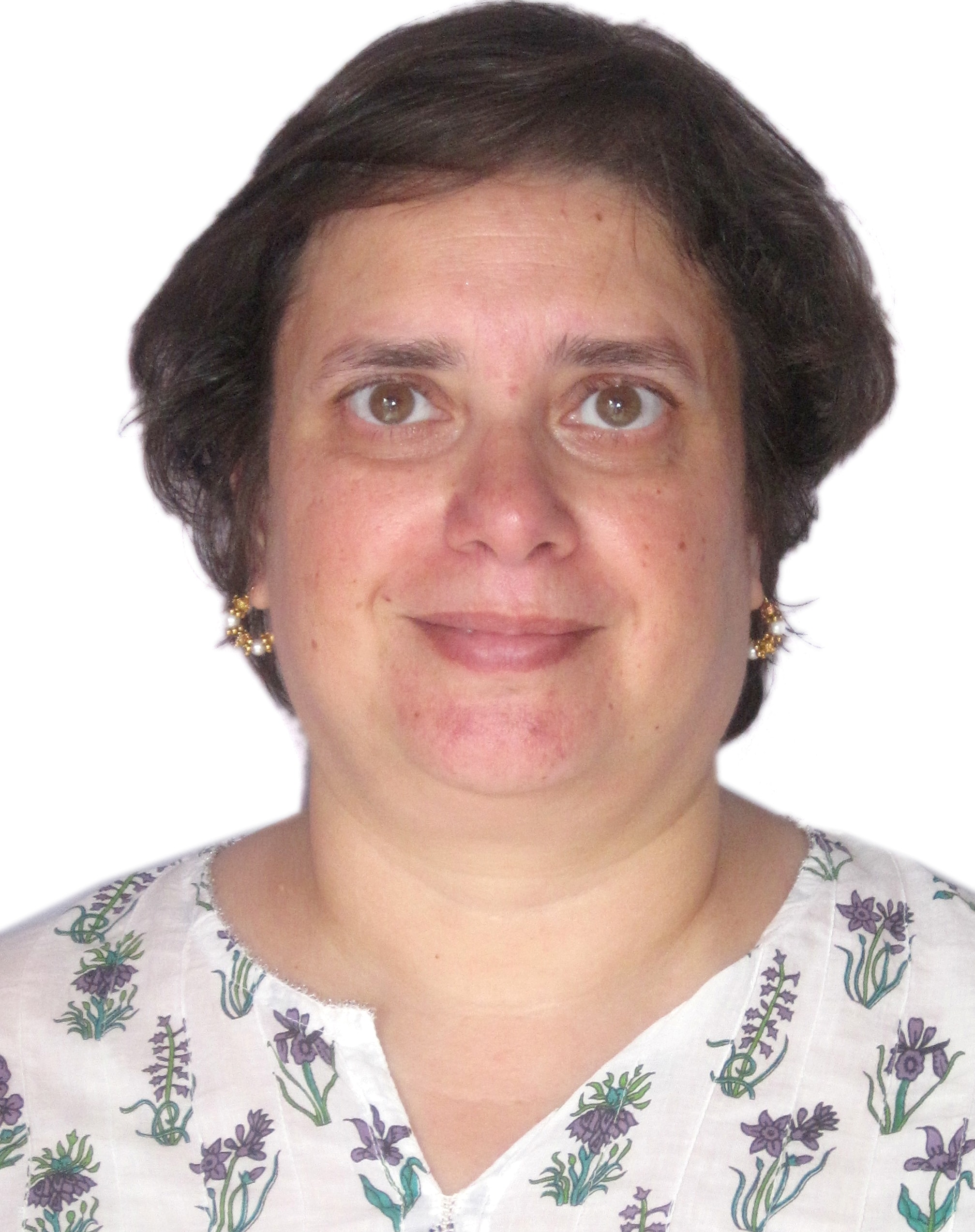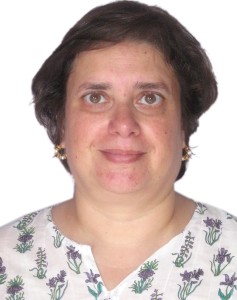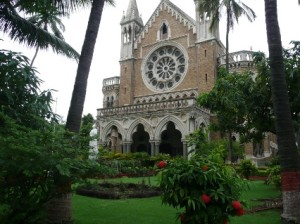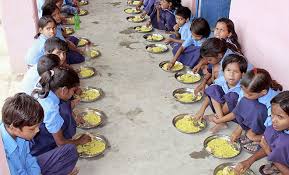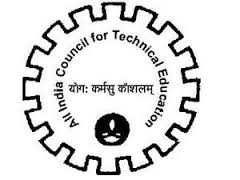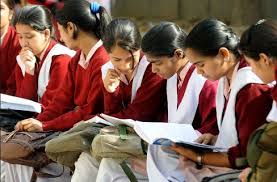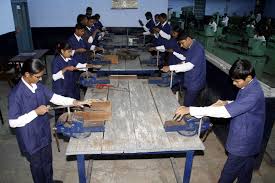Digital education is fast picking up in India as it helps teachers to look beyond preparing for their regular classes, says Beas Dev Ralhan, CEO, Next Education India Pvt Ltd. In an interaction with Elets News Network, he talks about the transformation that Smart class has brought in Indian classrooms
Q. What is the concept of Smart class? What are its salient features?
Smart Class, also known as Digital Class, is a digital learning system that makes the end-to-end process of teaching and learning more engaging and easy by using rich multimedia based pedagogically appropriate content mapped to school curriculum. It also includes features that augment the teaching process, right from planning a class to assessing students. A Digital class uses various technology-based equipment to teach the students such as smart boards, projectors, speakers, remote and so on.
Q.How flexible are education institutions across the country in adopting this kind of learning solutions?
Pioneer schools in India today are fast implementing ‘investigative learning’ where students discover concepts by themselves across disciplines through problem-solving exercises, projects and team-building activities. Although India has hopped on to the contemporary bandwagon, it remains to be seen if it is sustainable in a country where the education system still demands high marks and where “A” grades are on the priority list.
Q.Class Transformation System is an interactive digital technology solution that includes animations, graphics, simulations, mind maps, worksheets, Web links, diagram makers and assessment tools. Has there been any quality assessment on the outcomes?
We have 10,000 learning modules that account for more than 1,000 hours of classroom teaching at school and junior college levels to our credit. Each of our modules created by our in-house content development team has been designed using contemporary learning design principles and has undergone rigorous testing on and off the field. We also have products that are particularly learner-centric and those that make teaching easier and more effective.
Q. How does each of the verticals – school, higher learning institutions and professional institutes see smart classes boosting their business and pedagogy?
Digital education adoption is happening at schools as well as individual learner level. We have observed that schools have adopted some sort of digital solutions over time, but are now looking for integrated solutions across the spectrum – labs, classroom and assessments.
Q. What is the size of business of smart classes in India and how do you see its growth? Can you give us some estimates?
We have estimated the K12 market to be around $20 billion. Digital education is fast picking up in India as it helps teachers to look beyond preparing for their regular classes – they get capsuled information from the curriculum that is easy to use while in the classroom, and students can grasp it easily. Before 2011, we had some 300-odd partner schools. In 2011, we added around 1,000 schools. In 2012 and 2013, we added 2,500 and 1,700 schools respectively. Almost 60 per cent of our 6,000 partner schools are in Tier II and Tier III cities.
Q. What are your expansion plans over the next three to five years?
Currently, Next Education is an ICT provider. We are working towards becoming a complete K12 solutions provider, providing solutions from teacher training to teaching aids.









